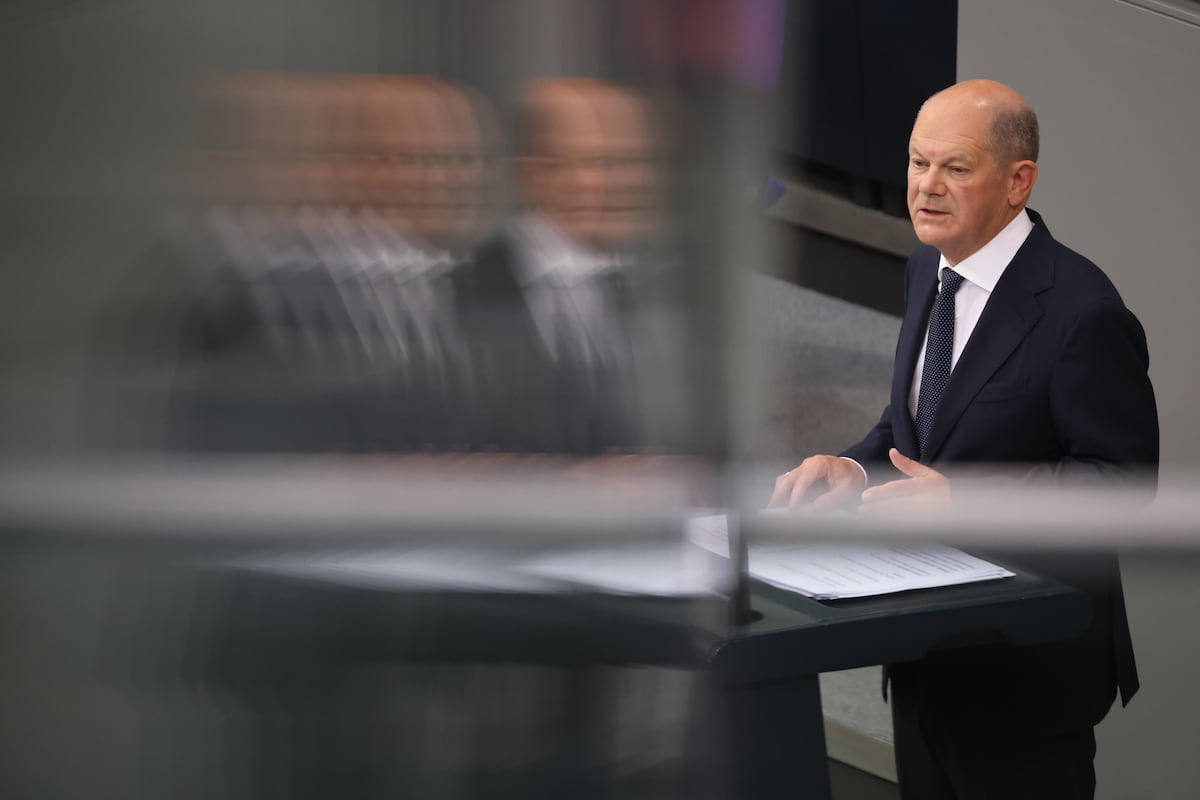Germany's New Stance on Deportation Amid Rising Extremism Concerns
Germany is undergoing significant political shifts as the extreme right gains influence. Social Democratic Chancellor Olaf Scholz recently announced a 'zero tolerance' era for those who exploit Germany's protective policies. This move, he emphasized, includes speeding up the deportation of criminals and individuals suspected of radicalism, even if they come from countries deemed unsafe such as Syria and Afghanistan. Scholz's declaration came in the wake of a tragic knife attack in Mannheim, which has greatly affected the nation.
The Mannheim attack was perpetrated by a 25-year-old Afghan man who had been living in Germany for a decade. He attacked members of a far-right, anti-Islam organization, Pax Europa, and fatally injured a police officer. This incident has intensified the debate on immigration and has put pressure on the German coalition government to enforce stricter deportation measures. The timing of Scholz's forceful speech, just days before the European elections, reflects the high stakes and political maneuvering in this charged atmosphere.
Legal and Social Ramifications of Deportation Policies
Germany's existing laws prohibit deportations to war zones if there is a threat of torture or death, aligning with both the German Constitution and the Geneva Convention. However, Scholz is advocating for exceptions, arguing that the safety of Germany should take precedence over the rights of criminals to remain in the country. This stance is also echoed by Interior Minister Nancy Faeser, who is exploring practical ways to implement these new policies.
The Chancellor’s announcement includes the potential creation of 'knife-free zones' in public spaces, a measure that some German cities like Hamburg already enforce. Despite these efforts, the increase in knife-related crimes, particularly in North Rhine-Westphalia, indicates a growing security challenge. Opposition parties like the Christian Democrats (CDU) and the far-right Alternative for Germany (AfD) have criticized Scholz for not doing enough to deport criminals, with the AfD accusing the government of failing to protect its citizens.
Adding to the complexity, Federal Minister of Culture Claudia Roth from the Green Party has advocated for fair trials in Germany rather than deportations to countries where the criminals might be celebrated as heroes. She acknowledges the danger posed by Islamist terrorism but warns against general suspicion towards Muslims. Roth and her Green Party colleagues emphasize addressing both Islamist and right-wing extremism without bias.
The debate on immigration and national security continues to dominate German politics, overshadowing other issues as the European elections approach. Public and political pressure is mounting on the coalition government to balance human rights with national security in these tumultuous times.
- Germany's approach to deportations and national security is a contentious topic that involves balancing human rights with the safety of its citizens. The rise of extremist actions, as evidenced by the Mannheim attack, has amplified calls for stricter immigration controls.
- Chancellor Scholz’s proposal to create knife-free zones aims to mitigate similar attacks in public spaces, albeit it faces criticism regarding its effectiveness and enforcement challenges. The increased knife-related crime statistics, particularly among young, non-German males, highlight underlying social issues that need addressing.
- Federal Minister Claudia Roth’s stance against deportations to Afghanistan highlights the ethical and legal dilemmas faced by the German government. Her argument for domestic trials aligns with the principles of justice and accountability within the nation’s legal framework.
- The broader political landscape reveals a divided opinion on handling extremism and deportation policies. While right-wing parties press for more stringent measures, other political factions emphasize the importance of upholding legal standards and protecting human rights.






